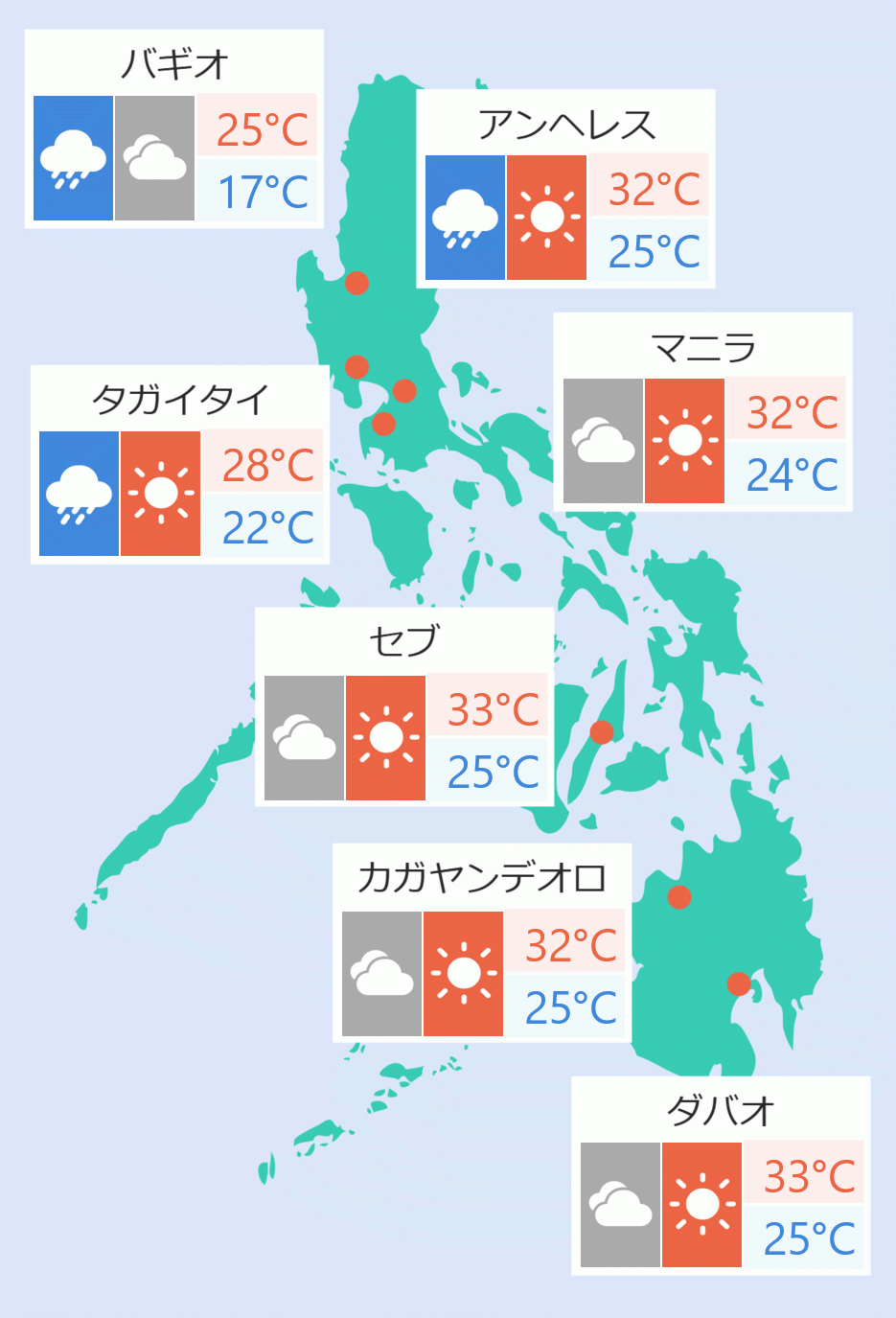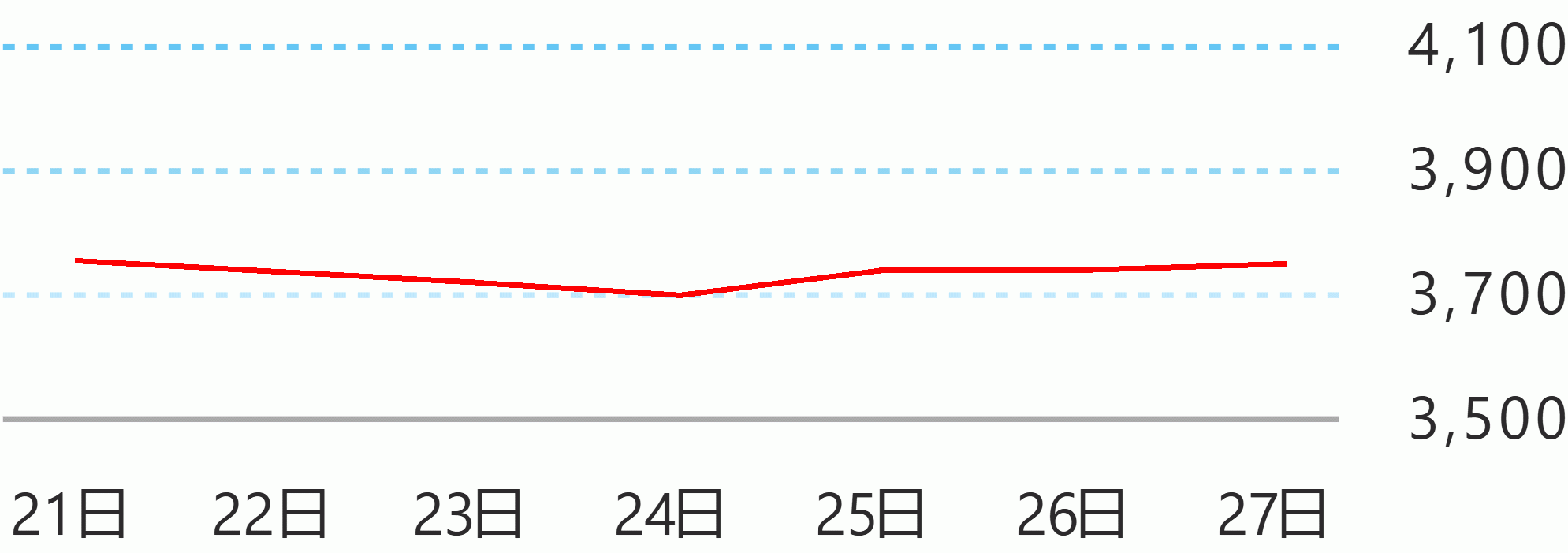The World Health Organization (WHO) said on Tuesday the Philippines should further strengthen its contact tracing and isolation of individuals who could have been exposed to a person infected with the coronavirus disease.
In a virtual forum with the Foreign Correspondents Association of the Philippines, Rabindra Abeyasinghe, WHO representative in the Philippines, he said the country was ''a little weak ''in contact tracing of COVID-19 patients.
"This aspect of the response was a little weak," he said.
He noted that during the lockdown, the government expanded its treatment and testing capacities.
"But unfortunately the contact tracing and suppression capacities did not keep pace with what is happening on the testing and treatment," the official said.
President Rodrigo Duterte on March 17 placed most parts of the country under lockdown or enhanced community quarantine during the early part of the health crisis to prevent the spread of COVID-19.
Abeyasinghe said the government now acknowledges the need to fast-track the testing and contact tracing of those who have exposure to coronavirus patients.
"This has now been recognized by the government and in last three weeks there has been a significant effort in strengthening contact tracing and quarantining, isolation of exposed and symptomatic individuals. We believe these aspects are in the right direction and comprehensive, coordinated, strengthening of diagnostics, contact tracing and isolation, quarantining of infected and exposed people will help to bring this outbreak under control," he explained.
The government recently named Baguio City Mayor Benjamin Magalong as tracing czar, National Task Force Against COVID-19 Deputy Chief Implementer Vivencio Dizon as tracing czar, Public Works Secretary Mark Villar as isolation czar, Health Undersecretary Leopoldo Vega as treatment czar.
Asked of the ideal window to get the result of the COVID-19 tests, Abeyasinghe said, "24 hours would be ideal."
The Department of Health previously reported "fresh" and "old" cases in its tally of coronavirus cases in the country. The old cases referred to laboratory results which came out more than three days prior to the Health department's daily reporting.
Abeyasinghe said the WHO also recognizes the need for the Philippines to open up its economy despite the rising number of coronavirus cases, especially in the National Capital Region.
But while it opens up its economy, he said the Philippines should follow the minimum health standards, such as social distancing and wearing of mask.
Duterte is set to announce on Wednesday the new quarantine classification in various parts of the country. Metro Manila is under general community quarantine.
As of July 13, the Philippines has 57,006 COVID-19 cases with 35,036 active cases, 20,371 recoveries, and 1,599 deaths. Celerina Monte/DMS





 English
English









